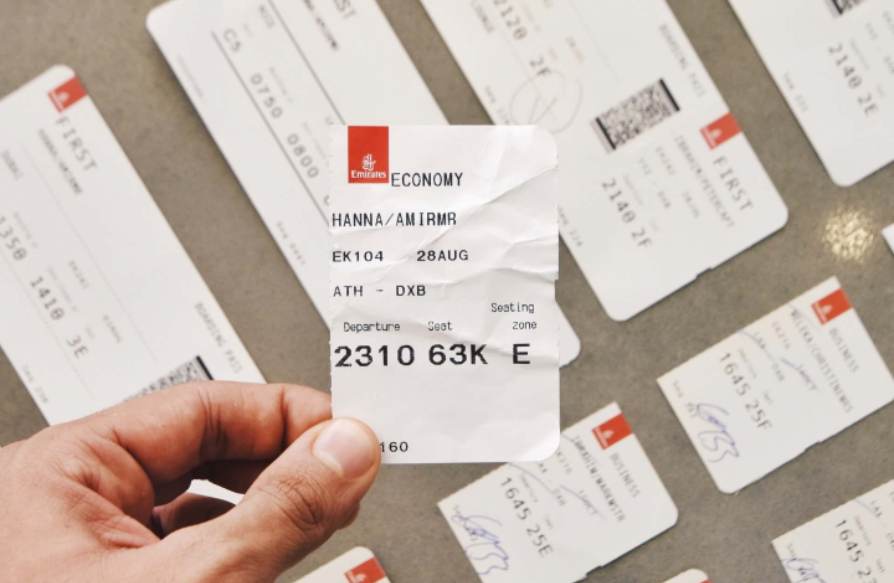Last update: October 6th, 2021.
The International Air Transport Association (IATA) started work on the IATA Travel Pass since the last quarter of 2020. Over 290 airlines across the globe are represented by IATA.
“The successful implementation of the IATA Travel Pass demonstrates that technology can securely, conveniently and efficiently help travellers and governments to manage travel health credentials,” said IATA’s Director-General, Alexandre de Juniac.
How does IATA’s vaccine passport work?
The IATA Travel Pass is a mobile app which helps international passengers store and manage their COVID-19 health information.
This includes:
- recent negative PCR test results
- recent recovery immunity certificates
- proof of vaccination
The IATA Travel Pass also has a digital wallet feature which allows travelers to store their own COVID passports, including the EU Digital COVID Certificate and NHS Covid Pass.
De Juniac has said “there will be paper-based alternatives for people who do not have mobile phones,” although the digital version is deemed more secure and easy to use.
IATA Travel Pass app: an end-to-end solution
As stated by IATA, this COVID passport has four modules that create an end-to-end solution.
It enables travellers to:
- Find information testing and vaccine requirements for their journey
- Find approved COVID-19 testing centres and labs at their point of departure
- Get test and vaccine certificates from COVID-19 health facilities
- Create and share certificates and other health-related data with airlines and relevant travel authorities
The IATA Travel Pass is also accepted for border crossings in certain countries, like Saudi Arabia starting September 30th.
According to a recent study by IATA, 89% of passengers agree on the need for a standardized vaccine passport and test certificate system.
According to IATA, summer 2021 “adds pressure for a digital solution to manage vaccine certificates and COVID-19 test results.”
IATA Travel Pass: countries and airlines hop onboard
Which countries accept the IATA Travel Pass? Over 200 airlines have already joined the program, and many countries accept the IATA Travel Pass locally as proof of vaccination or negative COVID test result.
The Australian government has shown interest in using the IATA Travel Pass to connect its residents to safe, domestic flight routes. The australian airline Qantas Airways is currently using the pass.
PM Scott Morrison also explained that the IATA Travel Pass could help establish an air travel bubble between Australia and Singapore.
Nations such as Singapore, Panama, Spain, and the United Arab Emirates have already joined the IATA’s digital COVID passport program. South Africa even considered using the IATA Travel Pass for local regulation.
“Countries that seize the opportunity offered by the increasing numbers of vaccinated travelers can protect their populations and reap an economic reward,” said Willie Walsh, IATA’s Director-General.
In April, Iberia became the first airline to launch the IATA Travel Pass for travellers moving between Europe and Latin America. In June, airlines Avianca and Aeromexico also began using the IATA Travel Pass app.
Air China will be trialing the IATA Travel Pass in August. Many more airlines are joining the program, as reported by IATA’s official website.
The IATA Travel Pass has also launched in the Middle East as travel restrictions begin to wane: Emirates, Etihad Airways, Jazeera Airways, Jetstar, Qantas, Qatar Airways and Royal Jordanian are the most recent participants.
COVID-19 restrictions and solutions are constantly updated based on the epidemiological situation. Travelers are advised to stay up-to-date on travel and local restrictions in their country of destination.
Europe: IATA Travel Pass eases COVID-19 restrictions
“Accepting vaccinated passengers should be global best practice to reopen borders,” pointed out IATA via a press release on May 19th. European Union leaders agreed to “update the approach to travel from outside the European Union,” said Christian Wigand, European Commission’s spokesperson, during a press conference held on the same day.
Both announcements constitute a highly relevant landmark for the travel and tourism sector in the midst of the COVID-19 pandemic.
Why? While the IATA represents over 290 airlines, which equals 82% of global air traffic, the European Union is the most visited region in the world with more than 740 million international arrivals per year (pre-pandemic).
“The EU Council should soon expand the list of non-EU countries with a good epidemiological situation from where travel is permitted” once the decision is revised and ratified by Member states, Wigand explained.
Certain European countries now allow entry to vaccinated people with WHO-approved vaccines, not only EMA-approved, broadening the spectrum of visitors that were permitted until now.
